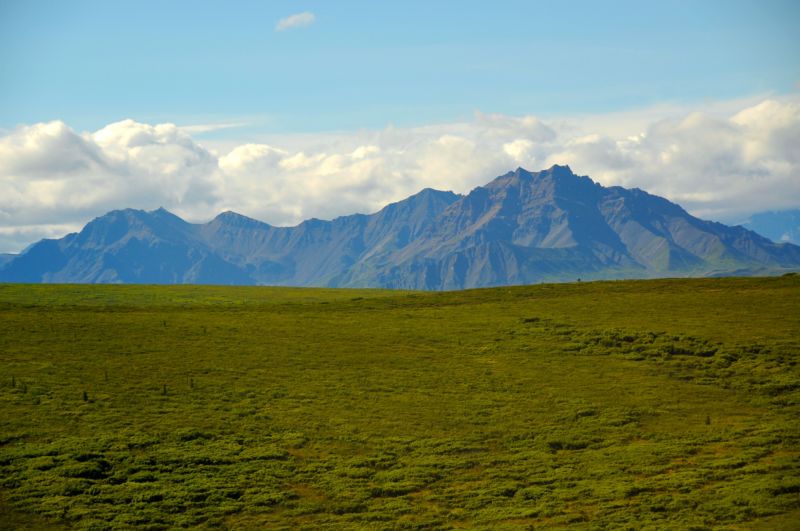
Enlarge / The study took place near Denali National Park, pictured here. (credit: faungg’s photos / flickr)
Emissions from burning fossil fuels, cutting down forests, and agricultural practices aren’t the only things that control how high atmospheric CO2 will go in the future. There are also feedbacks in the Earth’s climate system, where warming temperatures cause the release of carbon into the atmosphere. One of these is the release of carbon from permafrost as it thaws and decays.
Unlike emissions, which we can control through actions like retiring a coal-burning power plant, humans can only indirectly change the behavior of these feedbacks—the sooner we halt warming, the smaller their emissions will be. Figuring out exactly how much (and how fast) those feedbacks will emit is a major challenge for climate science.
A striking new study led by César Plaza works on the first step of this challenge: measuring how much carbon is being lost from permafrost right now.
Read 9 remaining paragraphs | Comments
Source: Ars Technica – Alaskan permafrost warming experiment produces surprising results
